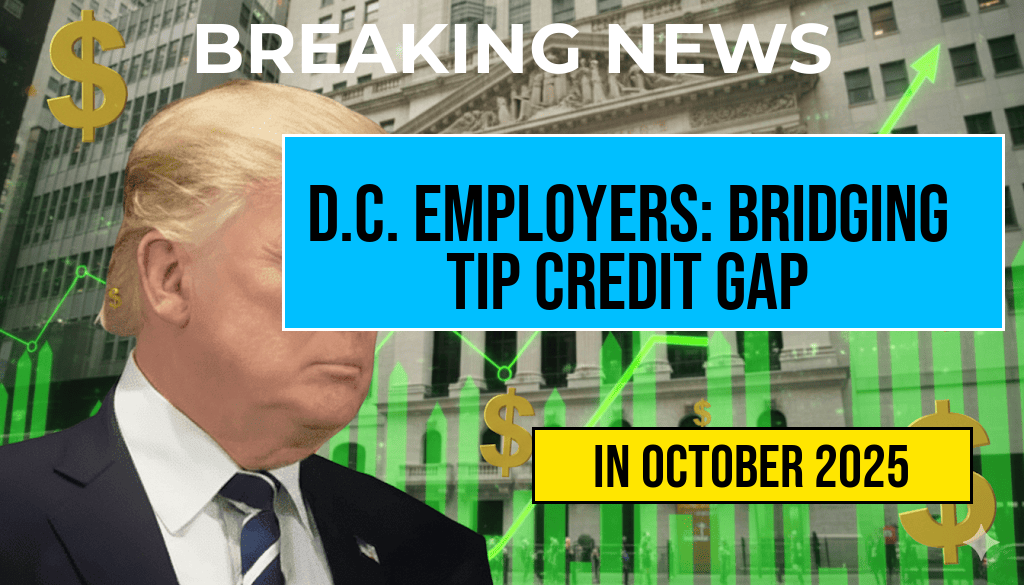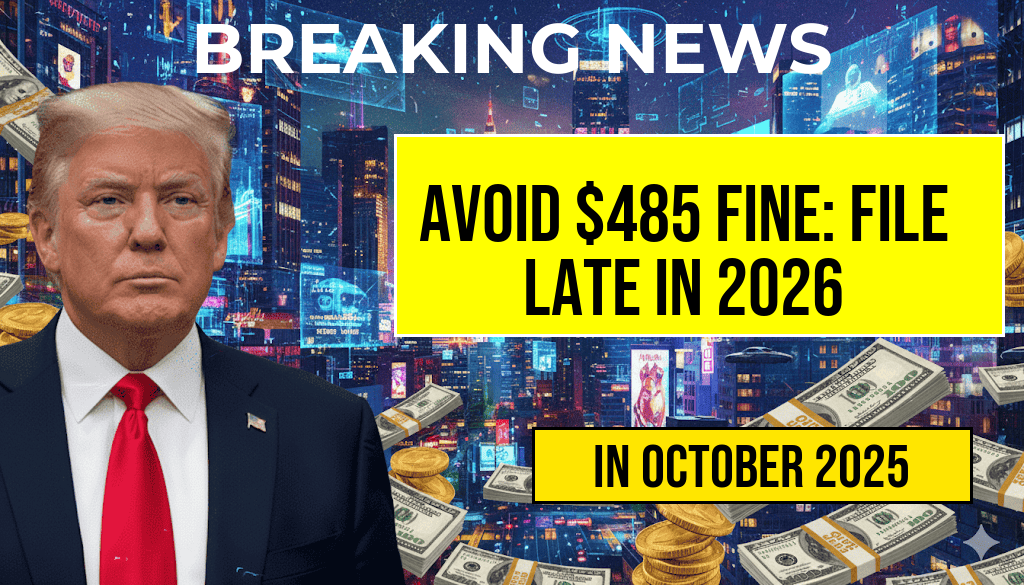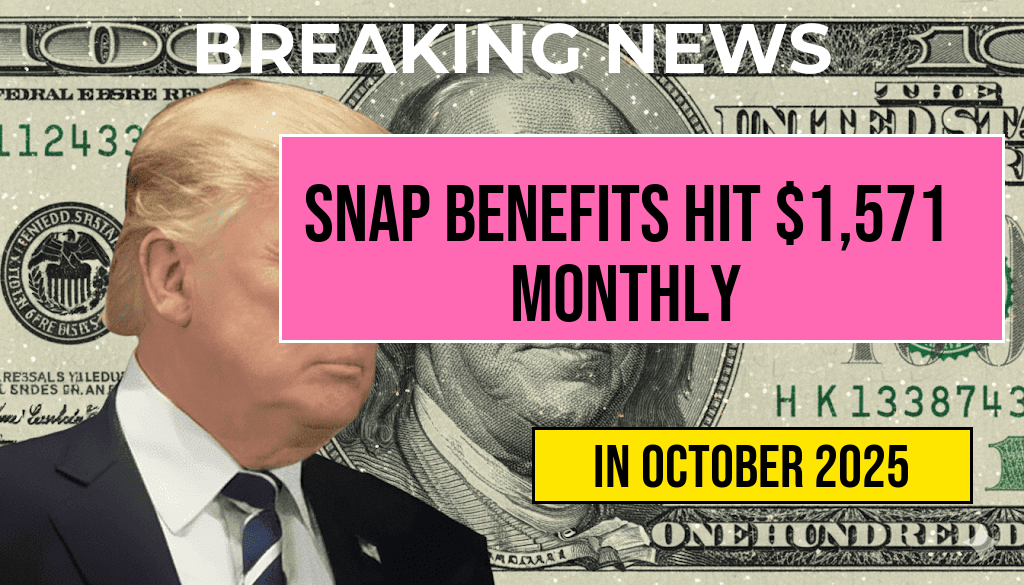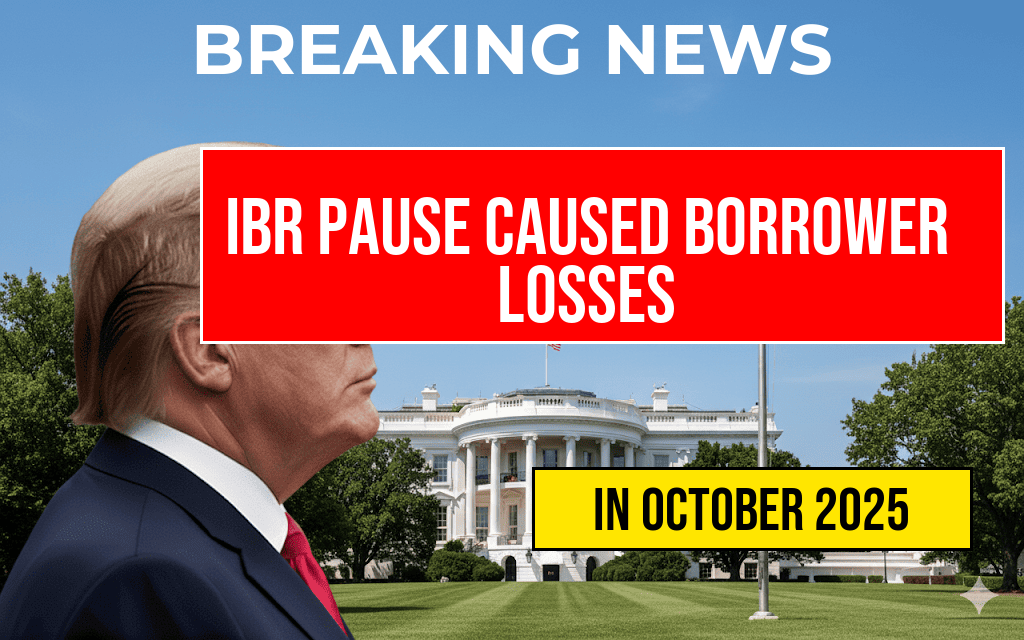In Washington D.C., employers operating within the hospitality sector face a nuanced challenge related to wage laws, particularly the distinction between the tip credit and the mandated minimum wage of $17.95. While the federal Fair Labor Standards Act (FLSA) permits employers to utilize a tip credit toward meeting minimum wage obligations, local regulations and industry practices create a complex landscape that employers must navigate carefully. The core issue centers on the zero difference—the gap between the amount employers are allowed to count as a tip credit and the actual wages they are required to pay, which can lead to confusion and compliance pitfalls. Understanding what employers must cover to bridge this gap involves examining D.C.’s specific wage laws, the role of tips, and the responsibilities employers hold to ensure fair compensation for employees in this dynamic environment.
Breaking Down the Tip Credit and Minimum Wage Requirements in D.C.
The Federal Tip Credit System
The federal government permits employers to count a portion of tips received by employees as a credit against the minimum wage obligation, effectively reducing the direct wage employers must pay. According to the U.S. Department of Labor (DOL), employers can take a tip credit of up to $5.12 per hour, provided the employee’s tips combined with the employer’s direct wages meet or exceed the federal minimum wage of $7.25 per hour. This system aims to recognize the importance of tips in the hospitality industry while ensuring workers earn at least the federal minimum.
Local Wage Laws in Washington D.C.
Washington D.C. has established a higher minimum wage threshold, currently set at $17.95 per hour, reflecting the city’s cost of living and economic considerations. The District’s wage laws require employers to ensure that the combined total of direct wages and tips equals at least this amount. Unlike federal regulations, D.C. law places a greater emphasis on ensuring that workers do not fall below a higher wage floor, which impacts how tip credits can be applied.
The Zero Difference Dilemma
The core challenge arises when the calculated tip credit does not fully cover the difference between the actual wages paid and the district’s minimum wage. In such cases, employers must make up the shortfall directly. The zero difference refers to scenarios where the tip credit aligns exactly with the wage gap, but if tips fall short, employers are obligated to supplement wages accordingly. This requirement ensures workers do not receive less than the mandated $17.95 per hour, regardless of their tips.
What Employers in D.C. Need to Cover
Understanding the Calculation
Employers must perform precise calculations to determine whether the combined tips and direct wages meet or exceed the district’s minimum wage. The calculation process involves:
- Assessing the average tips received by employees
- Subtracting the tip credit from the $17.95 minimum wage
- Providing the difference directly to employees if tips fall short
Legal Responsibilities and Compliance
Employers are required to:
- Maintain accurate records of employee tips and wages
- Ensure that total compensation (tips + wages) never falls below the $17.95 threshold
- Adjust wages promptly if tips decline, to prevent underpayment
Strategies for Employers
Employers can adopt several measures to bridge the gap efficiently:
- Implement robust tip tracking systems to monitor fluctuations
- Train staff and management on wage laws and recordkeeping requirements
- Set internal policies to supplement wages during periods of lower tips
- Regularly review payroll data to ensure compliance with D.C.’s wage laws
Implications for Employees and Employers
Employee Benefits and Protections
Proper adherence to wage laws ensures employees receive fair compensation, essential for maintaining morale and financial stability. Employees relying heavily on tips are protected from wage theft or underpayment, especially during slow business periods or economic downturns.
Employer Challenges and Risks
Failing to bridge the zero difference can result in legal repercussions, including fines and penalties from the D.C. Department of Employment Services. Additionally, non-compliance can damage an employer’s reputation and lead to costly lawsuits. Therefore, diligent wage management is crucial for sustainable operations.
Resources and Further Reading
| Source | Description | Link |
|---|---|---|
| U.S. Department of Labor | Federal tip credit policies and minimum wage standards | https://www.dol.gov/agencies/whd/minimum-wage/state |
| District of Columbia Office of Wage and Hour | Local wage laws and employer obligations in D.C. | https://does.dc.gov/page/wage-and-hour-division |
| Wikipedia | Overview of minimum wage laws in the U.S. | https://en.wikipedia.org/wiki/Minimum_wage_law |
Frequently Asked Questions
What is the significance of the tip credit in D.C. employment law?
The tip credit allows employers to count a portion of employee tips toward meeting the minimum wage requirement, potentially reducing the amount employers need to pay directly. In D.C., understanding this credit is essential for ensuring compliance with wage laws.
How does the $17.95 figure relate to employee wages and tips?
The $17.95 represents the targeted total hourly earnings that employers should aim to provide to employees when combining tips and direct wages, ensuring there is no zero difference between the tip credit and the required minimum wage.
What responsibilities do employers in D.C. have to bridge the zero difference?
Employers must ensure that the sum of tips and direct wages meets or exceeds the mandated minimum wage, specifically adjusting their contributions if tips fall short of covering the gap to reach the $17.95 benchmark.
Are there penalties for failing to meet the tip credit requirements?
Yes, employers who do not comply with wage laws related to tip credits may face fines, penalties, or legal actions from regulatory agencies for underpaying employees or violating minimum wage standards.
What steps can employers take to ensure they are covering the gap appropriately?
Employers should regularly review their wage and tip structures, ensure accurate tracking of tips, and adjust wages as needed to maintain compliance with minimum wage requirements and bridge the zero difference.






